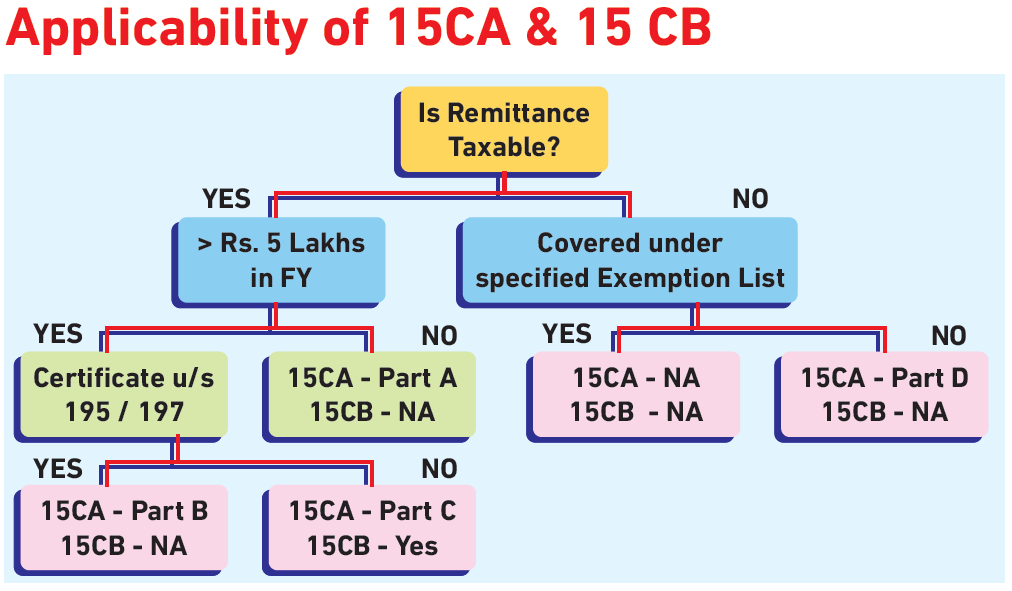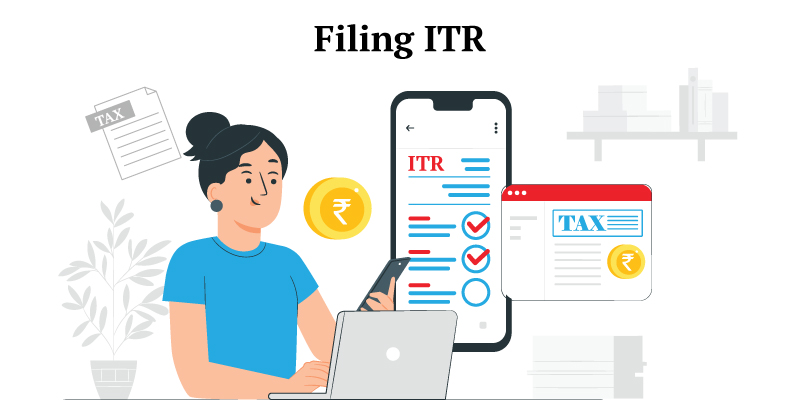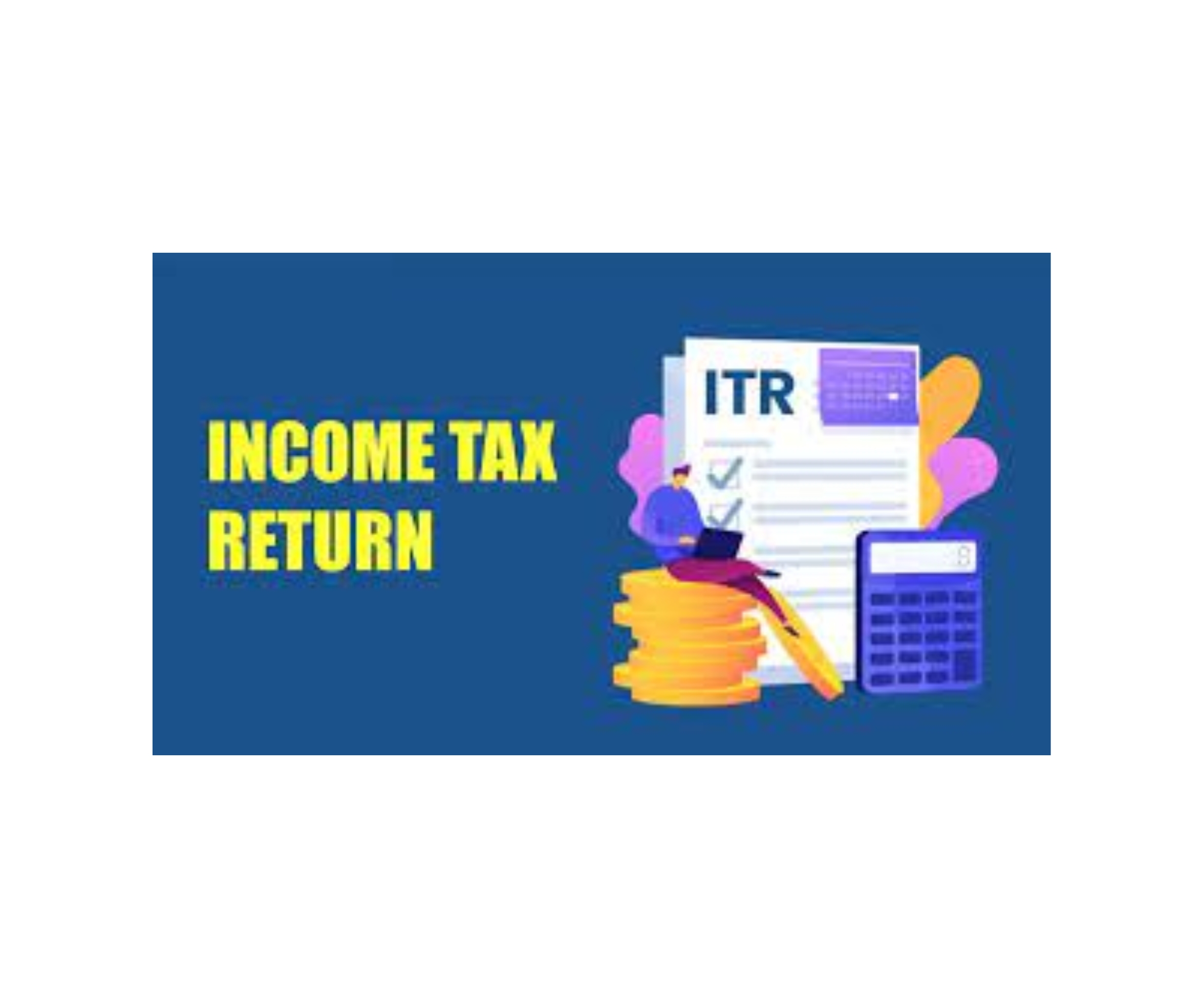How to add 15ca for 15cb?
Add Form 15CA and 15CB To add Form 15CA details for Form 15CB, you can follow these steps: 1. Obtain Form 15CB: First, ensure that you have the completed Form 15CB. This form is issue by a Chartered Accountant (CA) and certifies that the remittance is in compliance with the provisions of the Income… Read More »









